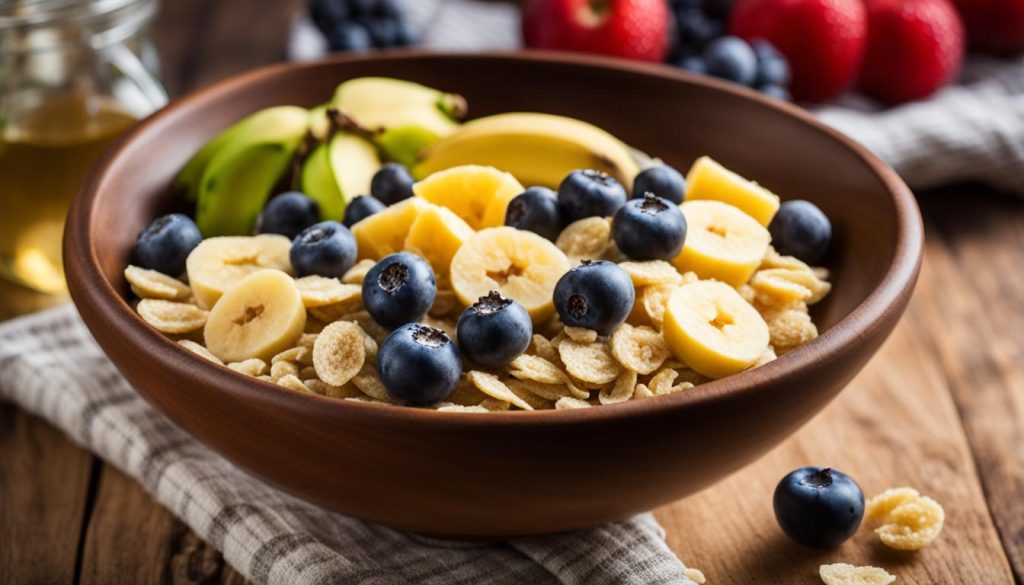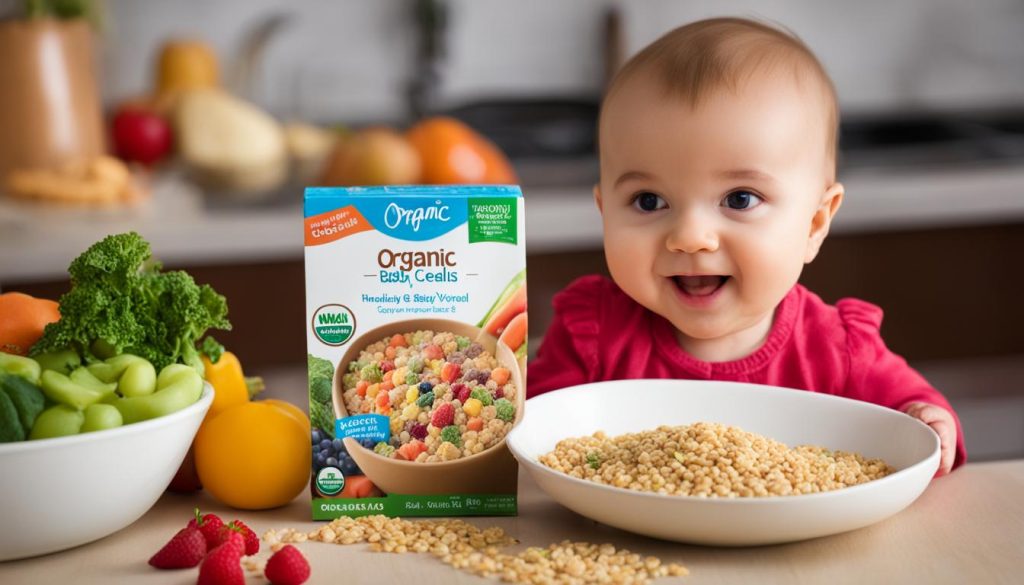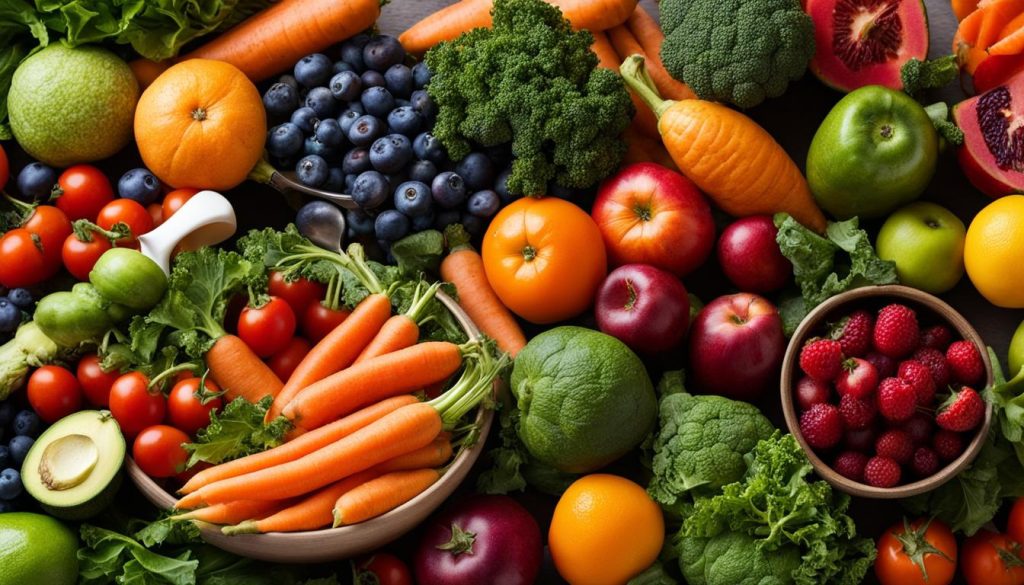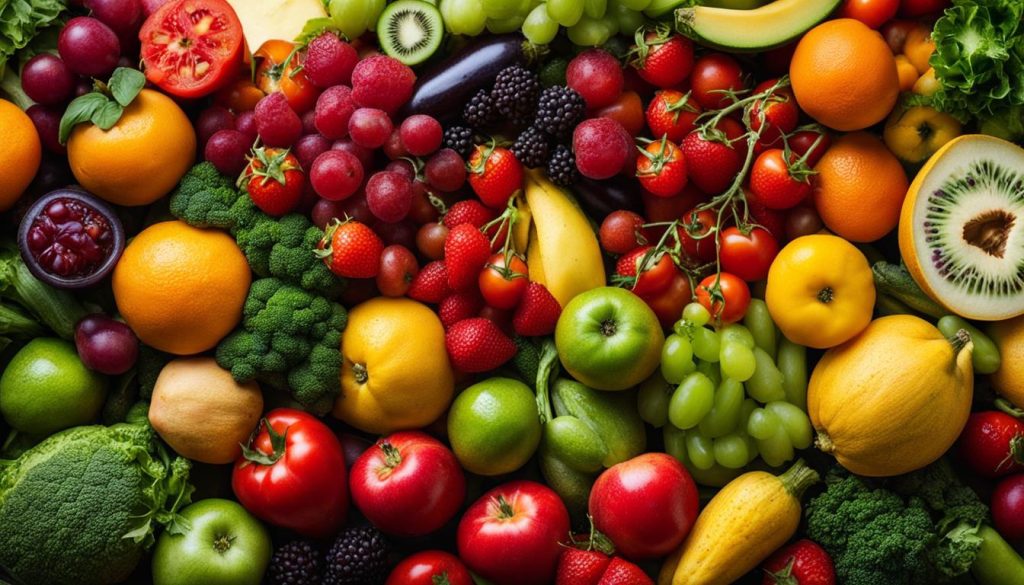Finding the Best Cereal for Baby: A Comprehensive Review
Welcome to my comprehensive review on finding the best cereal for your baby! Introducing solid foods to infants is an important milestone, and choosing the right cereal can make all the difference. In this article, I will guide you through the world of baby cereals, focusing on the benefits of organic options and exploring various baby cereal brands. Let’s ensure your little one gets the best start to their solid food journey.
When it comes to giving your baby the best, organic baby cereal is a great choice. Not only does it provide essential nutrients for your little one’s growth and development, but it also reduces their exposure to harmful chemicals. In this review, we will dive into the advantages of organic baby cereal and discuss why it should be on your shopping list.
Furthermore, we will explore different baby cereal brands, comparing their features and nutritional content. From Gerber to Earth’s Best, we’ll help you navigate the market and find the perfect brand for your baby’s …




